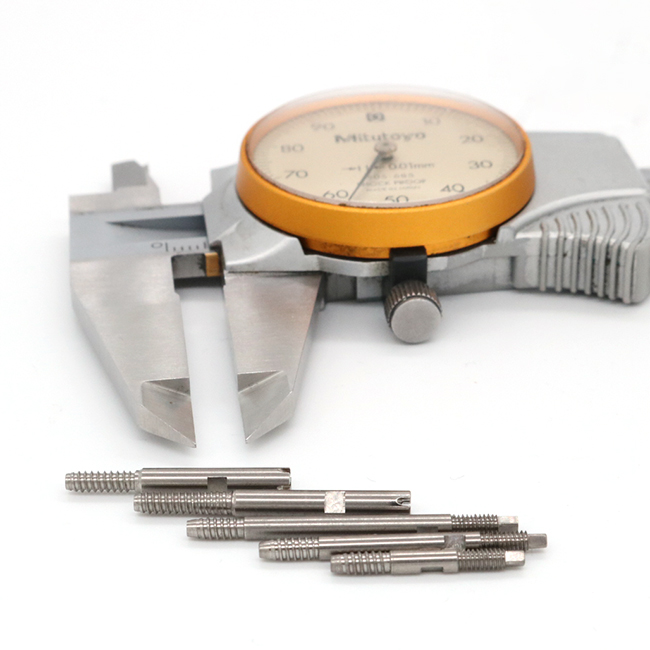In response to escalating environmental concerns, the CNC machining industry is making significant strides towards embracing sustainable practices. With discussions revolving around eco-friendly machining strategies, efficient waste management, and renewable energy adoption, the sector is poised for a green transformation.
As the world grapples with the consequences of climate change and resource depletion, industries are increasingly pressured to minimize their environmental footprint. In this context, CNC machining, a crucial component of modern manufacturing, is under scrutiny for its energy consumption and waste generation. However, this challenge has spurred innovation and a renewed focus on sustainability within the industry.

One of the key focal points of this shift is the adoption of eco-friendly machining strategies. Traditional machining processes often involve high energy consumption and material waste. However, advancements in technology and techniques have paved the way for more sustainable alternatives. These include the use of precision machining tools, which optimize material usage, and the implementation of lubrication systems that reduce energy consumption and extend tool life.
Moreover, recycling and reuse of machining waste have emerged as integral components of green manufacturing initiatives. Machining operations generate significant amounts of metal shavings, coolant fluids, and other waste materials. By implementing efficient recycling systems and developing innovative methods for repurposing waste, manufacturers can drastically reduce their environmental impact while also cutting costs.
Additionally, the adoption of renewable energy sources to power machining operations is gaining momentum. Solar, wind, and hydroelectric power are being increasingly integrated into manufacturing facilities, providing a clean and sustainable alternative to traditional fossil fuel-based energy sources. By harnessing renewable energy, CNC machining companies not only reduce their carbon emissions but also insulate themselves from the volatility of fossil fuel markets.
The shift towards sustainability in CNC machining is not only driven by environmental concerns but also by economic incentives. Companies that embrace green manufacturing practices often benefit from reduced operating costs, improved resource efficiency, and enhanced brand reputation. Moreover, as consumers become more environmentally conscious, demand for sustainably manufactured products is on the rise, providing a competitive advantage to forward-thinking manufacturers.

However, challenges remain on the path to widespread adoption of sustainable practices in CNC machining. These include the initial investment costs associated with implementing green technologies, as well as the need for industry-wide collaboration and regulatory support to facilitate the transition.
Nevertheless, with environmental considerations taking center stage, the CNC machining industry is poised to undergo a profound transformation towards sustainability. By embracing eco-friendly machining strategies, optimizing waste management processes, and harnessing renewable energy sources, manufacturers can not only reduce their environmental footprint but also position themselves for long-term success in a rapidly evolving market.
As environmental concerns continue to shape the manufacturing landscape, the shift towards green machining practices is not just an option but a necessity for the industry's survival and prosperity.
Post time: Jun-14-2024




